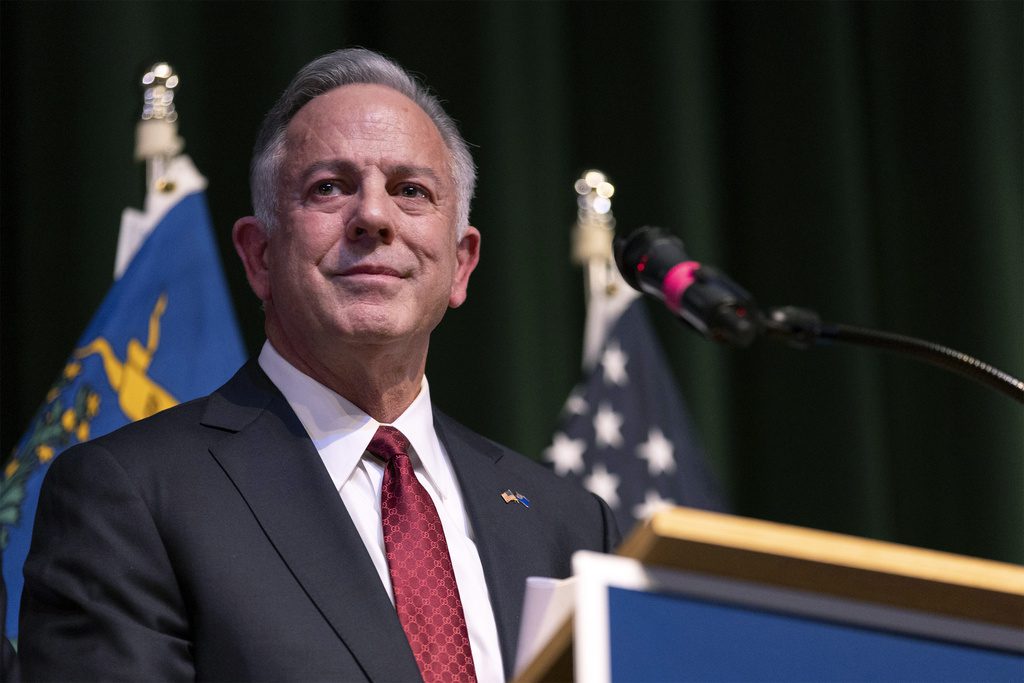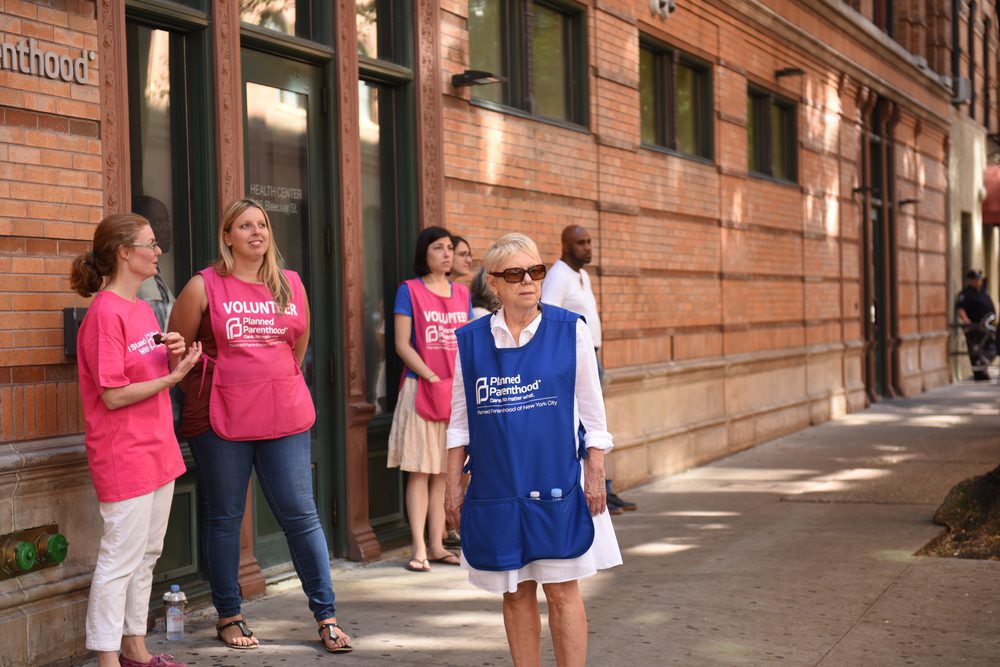
(Photo via Shutterstock)
Nevada reproductive rights advocates are concerned about the sustainability of providing care and services as conservative lawmakers in neighboring states have repeatedly sought to ban abortion since the end of Roe v. Wade.
Monday marks two years since the US Supreme Court struck down Roe v. Wade, eliminating the 50-year federal right to abortion. Since then, Nevada, where abortion is legal until 24 weeks of pregnancy, has become a safe haven for residents of neighboring states that have implemented — or tried to implement — abortion bans.
But the end of federal abortion protections has forced reproductive care providers to be proactive and prepared, and a surge of out-of-state patients has at times overwhelmed clinics, and raised questions about the sustainability of going against the current.
Abortion rights in Nevada
In Nevada, voters codified abortion rights up to 24 weeks in a 1990 referendum vote. In November, they’ll have the chance to further protect those rights via a ballot initiative that seeks to protect abortion access under the state constitution.
After Roe was repealed in 2022, then-Gov. Steve Sisolak established protections for people who travel to Nevada to access abortion care and in-state providers through an executive order. That order then became a bill that was passed and signed into law by Republican Gov. Joe Lombardo during the 2023 legislative session.
The law bars state agencies from assisting in out-of-state investigations that could lead to the prosecution of abortion patients who travel to Nevada. It also ensures medical boards and commissions that oversee medical licenses do not discipline or disqualify doctors who provide abortions.
Helping patients from out of state
The Wild West Access Fund of Nevada, which often covers all of the involved costs for abortion procedures, including travel and hotel room if needed, has partnered with clinics in Arizona — where abortion is banned after 15 weeks — to arrange accommodations for people seeking an abortion in Nevada.
Arizona’s Supreme Court decided in April to uphold a near-total abortion ban drafted in 1864. But by May, the Arizona Legislature passed a bill to repeal it — which goes into effect on Sept. 14 — maintaining the state’s 15-week ban. Arizona’s attorney general stated last week that it is unlikely the 1864 ban will ever go into effect, but Macy Haverda, president of the Wild West Access Fund of Nevada, said that even if the 160-year old abortion ban in Arizona is “short lived,” the “damage would still be very traumatic.”
The access fund received over 1,000 calls for aid last year — including between 10% to 30% from callers outside of Nevada. And in the first quarter of 2024, the access fund helped 268 people obtain an abortion.
“A lot of people, they don’t really understand just how expensive this really is. An abortion starts here at $400 and that’s at the absolute lowest possible cost. And it ranges all the way up to in the multiple thousands of dollars,” Haverda said. “That’s a lot of money that goes towards rent, food, car payments, all of those things and this is a significant portion of somebody’s basic living needs.”
Adrienne Mansanares, president and CEO of Planned Parenthood of the Rocky Mountains, said the clinics have experienced an influx of patients since the Supreme Court’s decision in Dobbs v. Jackson Women’s Health struck down Roe. Mansanares said the number of patients that come to their clinics in the Rocky Mountains region (which includes Colorado, New Mexico, Southern Nevada, and Wyoming) from other states and areas has tripled since 2022. Planned Parenthood of the Rocky Mountains saw over 9,000 patients just last year, with some coming from as far as Florida, where abortion is banned after 6 weeks.
Many patients also come from states like Idaho, which shares Nevada’s northern border and has one of the country’s most restrictive abortion bans, only allowing the procedure if it is “necessary to prevent the death of the pregnant woman.” And while there is an exception for victims of rape and incest, it only applies in the first trimester, and the penalty for performing what Idaho calls a “criminal abortion” is two to five years in prison.
The number of patients coming to Nevada could increase in the future, as well.
In 2022, a “trigger” law completely banned abortion in Utah when Roe v. Wade was overturned, but the ACLU and Planned Parenthood filed a lawsuit challenging the law. While that lawsuit plays out, abortion is legal up to 18 weeks of pregnancy in Utah. Should the Utah Supreme Court allow an abortion ban to go into effect, many women in the state could wind up traveling to Nevada for care.
Nevada providers are doing everything they can to ensure they can provide care for anyone who needs it.
Mansanares said that Planned Parenthood has for years been preparing to make reproductive health care, including for UTI and STI treatments, more easily accessible to free up clinics for abortion care. Clinics also hired more staff, extended hours, and promoted the use of telehealth for simple requests, such as birth control prescriptions, in preparation for the possible loss of Roe, she said.
“That’s one of my big lessons when you hear politicians promising to take rights away from people, you have to listen to them. And that’s what Donald Trump said he would do, and he appointed the people on the Supreme Court that made that happen,” Mansanares continued.
More than just the entertainment capital of the world
Traveling can be stressful, especially when health and medical procedures are involved, Mansanares said.
“We had a patient who drove 17 hours one-way to come for an abortion. Imagine driving across the state of Texas over to Vegas for an abortion,” she continued. “It’s a lot of stress to just travel. And a big part of our patient population are already parents. And so those are women that are thinking about their futures. They’re thinking about their health, and they’re thinking about their kiddos at home.”
Las Vegas may also offer something else that other places don’t when it comes to providing comfort to women seeking abortions: anonymity.
With more than 40.8 million visitors coming to Las Vegas in 2023, averaging about 3.4 million visitors per month, blending in among all the tourists might help people traveling to obtain an abortion feel less visible, Mansanares said.
“People don’t feel scared. You can kind of blend in, everyone’s kind of coming and going in their own ways,” Mansanares said. “And there’s not a lot of shame or judgment or stigma, unlike back home in Texas, or wherever, where they may be criminalized, they may face fines. And none of that is happening in Nevada.”
Patients can also often fly in and go home on the same day, or make a trip out of the visit, and the transient nature of Las Vegas “allows for just a little bit more freedom and confidentiality in their care if that’s what a patient chooses,” Mansanares said.
“I try not to get too bogged down because in all four of our states [Nevada, Colorado, Wyoming, and New Mexico], abortion care is legal and accessible right now,” Mansanares said. “I do feel like it’s our duty and obligation to provide abortion care for the entire country, and to also take care of our local patients. So as challenging as it is, and as exhausting as it is — it can be very disheartening — I do take that obligation with a lot of privilege.”
Besides dealing with the threat of a national abortion ban and navigating ever-changing state laws, scheduling and finding appointments for the influx of patients is one of the biggest challenges, Haverda said. She said she has had to call “clinic, after clinic, after clinic” to hunt down an appointment for a patient.
Haverda emphasized that abortions are a common procedure, noting that a recent Guttmacher Institute abortion patient survey showed that about one in four women of reproductive age have an abortion in their lifetime.
“This is something that people will continue to do … There are plenty of scenarios where somebody finds out they’re pregnant and they really don’t want to be and an abortion is a relief,” Haverda said. “They have their abortion and they move on with their day and it’s not sad. Not hard. It’s not dramatic.”

Nevada just made teen abortion way harder—even in the worst situations
Imagine you’re a teen in foster care, and you’re pregnant. The father is your abusive foster parent. Nevada’s newly enforced parental notification...
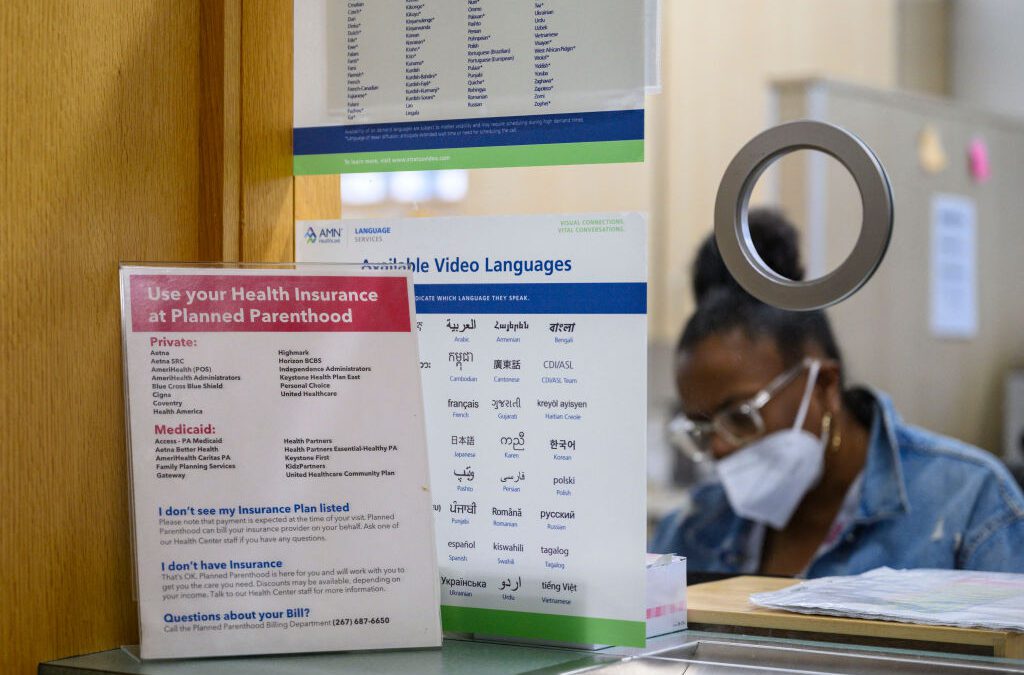
It’s Nevadan women and families taking the hit as Planned Parenthood scales down services due to federal Medicaid cuts
While none of the Planned Parenthood clinics in Nevada will be closed, certain services accessed by thousands, including prenatal care and family...
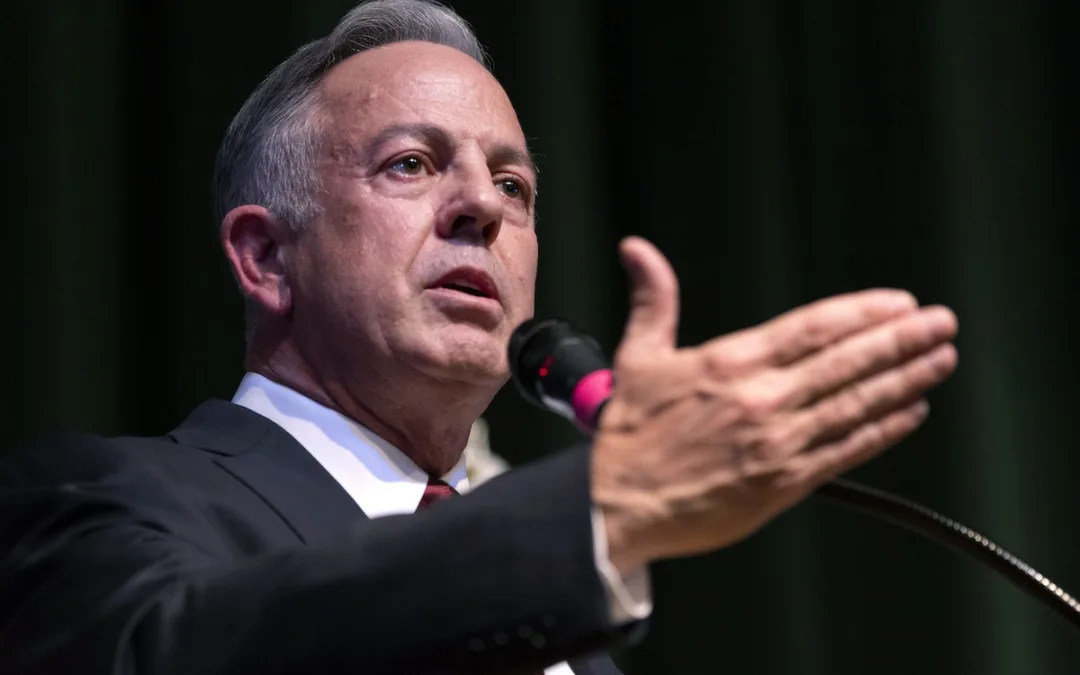
Gov. Lombardo vetoes bill to protect IVF in Nevada
A bill that would have protected in vitro fertilization, as well as expanded access to fertility treatments, was recently vetoed by Gov. Joe...
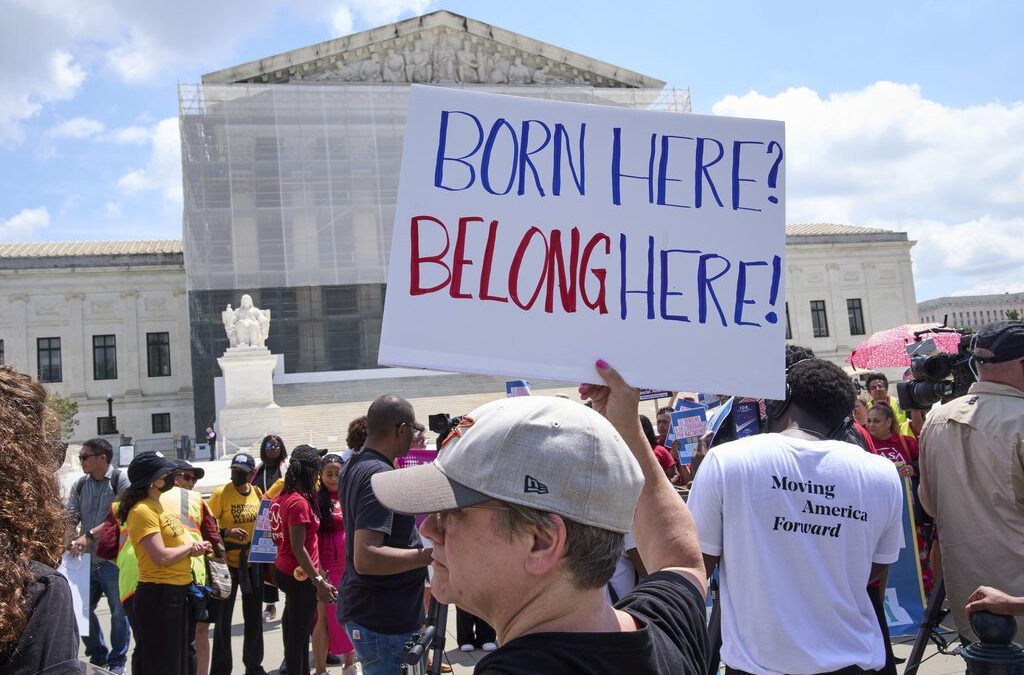
Supreme Court limits nationwide injunctions, but fate of Trump birthright citizenship order unclear
WASHINGTON (AP) — A divided Supreme Court on Friday ruled that individual judges lack the authority to grant nationwide injunctions, but the...

Did Gov. Joe Lombardo just sign a dangerous veto for reproductive care? This Nevada doctor says yes
Dr. Margaux Lazarin said she isn’t worried about patients having info about doctors—she’s concerned about who else might see the prescription...

Trump administration revokes guidance requiring hospitals to provide emergency abortions
WASHINGTON (AP) — The Trump administration announced on Tuesday that it would revoke guidance to the nation's hospitals that directed them to...



